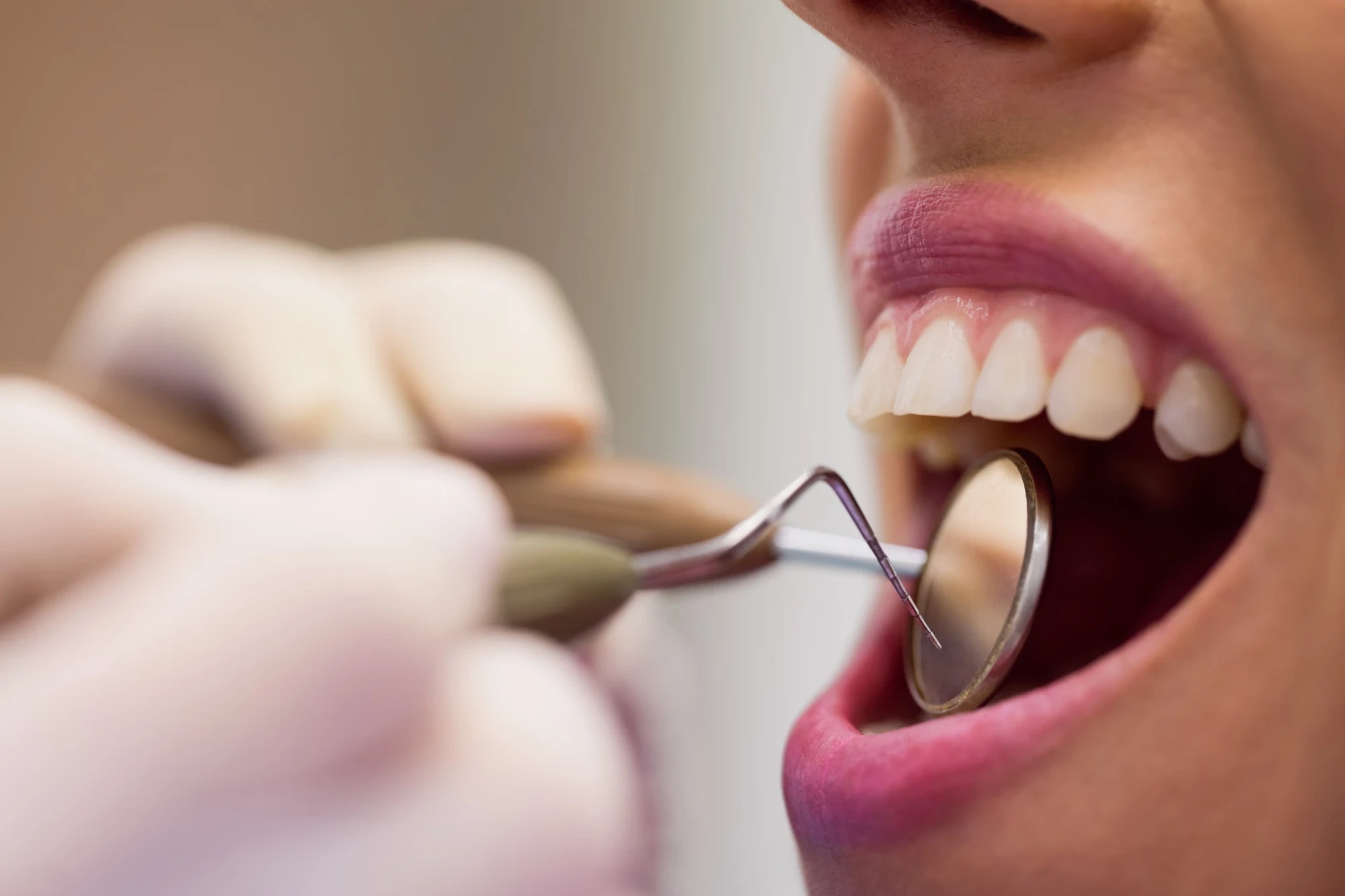
Oct 16, 2025
How to Stop Severe Gum Bleeding: An Emergency Guide
By Dr. Leslie Patrick, DMD
Seeing a significant amount of blood coming from your gums can be a frightening experience. While a small amount of pink in the sink after flossing is a common sign of gingivitis, severe or uncontrollable bleeding is a different matter entirely; it's a true dental emergency that requires immediate and calm action.
At Smyrna Dental Studio, we want you to know what to do in this stressful situation. This guide will provide you with a clear, step-by-step first-aid plan to control severe gum bleeding at home and help you understand when it is critical to seek immediate professional care from your emergency dentist.
Step 1: Triage the Situation - Why Are Your Gums Bleeding Severely?
First, try to identify the cause. This will help determine your next steps.
Traumatic Injury: Did the bleeding start after a fall, a sports injury, or a blow to the mouth? An injury can cause a laceration (a cut) to the gum tissue that needs professional attention.
Post-Surgical Bleeding: Have you recently had a tooth extraction or other oral surgery? Some oozing is normal, but heavy, continuous bleeding is not.
Spontaneous Bleeding: Are your gums bleeding heavily without any apparent injury? This could be a sign of advanced periodontal disease or a more systemic health issue.
In all of these cases, the immediate goal is the same: control the bleeding.
Step 2: Your Immediate First-Aid Action Plan
1. Apply Firm and Uninterrupted Pressure
This is the most critical step.
How to do it: Take a clean piece of sterile gauze, fold it into a thick square, and place it directly over the bleeding area of your gums. Bite down or use your thumb and index finger to apply firm, steady pressure.
The Key: Hold this pressure for at least 10-15 minutes straight. Do not lift the gauze to check on the bleeding during this time, as that will disrupt the clot that is trying to form.
2. Use a Cold Compress
While you are applying pressure, use a cold compress on the outside of your face.
How to do it: Wrap an ice pack or a bag of frozen peas in a thin towel and hold it against your cheek or lip over the affected area. The cold helps to constrict blood vessels and slow blood flow.
3. Stay Calm and Sit Upright
Try to remain calm and avoid strenuous activity. Keep your head elevated above the level of your heart to reduce blood pressure in your head. Do not lie down flat.
4. If Pressure Fails, Try a Damp Tea Bag
If you have applied pressure for 15 minutes and there is still significant bleeding, you can try replacing the gauze with a damp, cool black tea bag. The tannic acid in the tea is a natural astringent that can help promote blood clotting. Apply pressure with the tea bag for another 10 minutes.
Step 3: When to Call Your Emergency Dentist Immediately
If you have followed these steps and the bleeding has not significantly slowed or stopped after a total of 20-30 minutes, you need to seek immediate professional care. Call your Smyrna emergency dentist. If it is after hours, a visit to an urgent care center or the hospital ER is necessary.
FAQs: Your Urgent Gum Bleeding Questions
Q1: What is the most common mistake people make when trying to stop bleeding? The most common mistake is applying intermittent pressure. People will hold the gauze for a minute or two, then lift it to check, then hold it again. This constant checking and rechecking prevents a stable blood clot from forming. You must apply firm, uninterrupted pressure for a full 10-15 minutes.
Q2: I just had a tooth pulled and it won't stop bleeding. What should I do? First, follow the pressure and cold compress steps above using the gauze we provided. If the bleeding seems heavy or is not slowing down after an hour of consistent pressure, you should call our office immediately. It's possible the initial clot was dislodged, and you may need professional assistance.
Q3: Can taking certain medications make my gums bleed more? Yes. Blood-thinning medications (anticoagulants) like aspirin, warfarin, or Plavix can significantly increase your tendency to bleed. It is crucial to inform your dentist of all medications you are taking.
Q4: My gums bleed a little every time I brush, but it's not severe. Is that an emergency? No, this is not a crisis-level emergency, but it is an important warning sign of gingivitis (the first stage of gum disease). You should schedule a routine dental checkup and cleaning as soon as possible. Professional cleaning and improved home care can reverse this condition and stop the bleeding.
Don't Ignore Significant Bleeding
While minor bleeding from flossing can be addressed with improved hygiene, severe, uncontrolled gum bleeding is a clear signal that you need to take immediate action. By following these first-aid steps, you can effectively manage the situation while seeking the necessary professional care.
If you are in the Smyrna area and are experiencing a dental emergency, including severe gum bleeding that you cannot control, do not wait. Call Smyrna Dental Studio immediately for urgent care.






